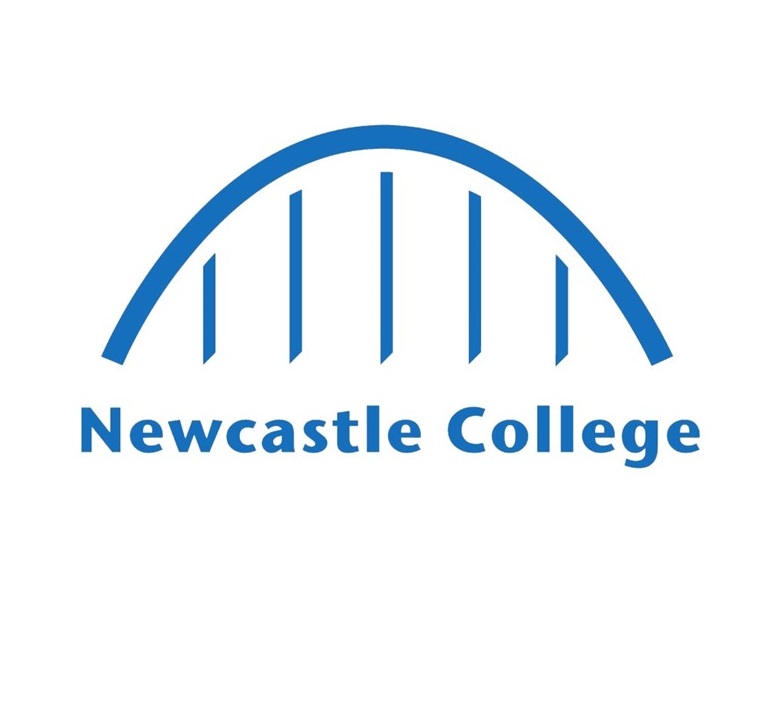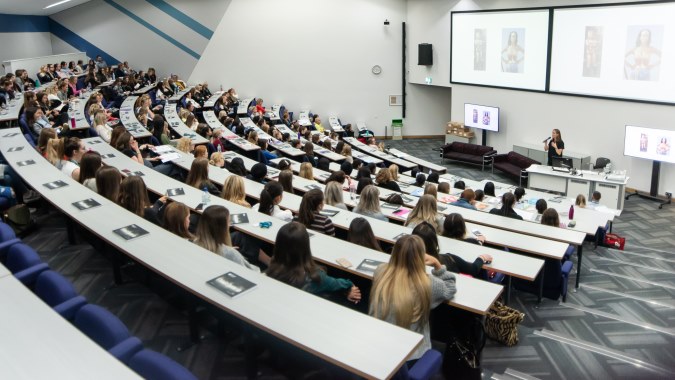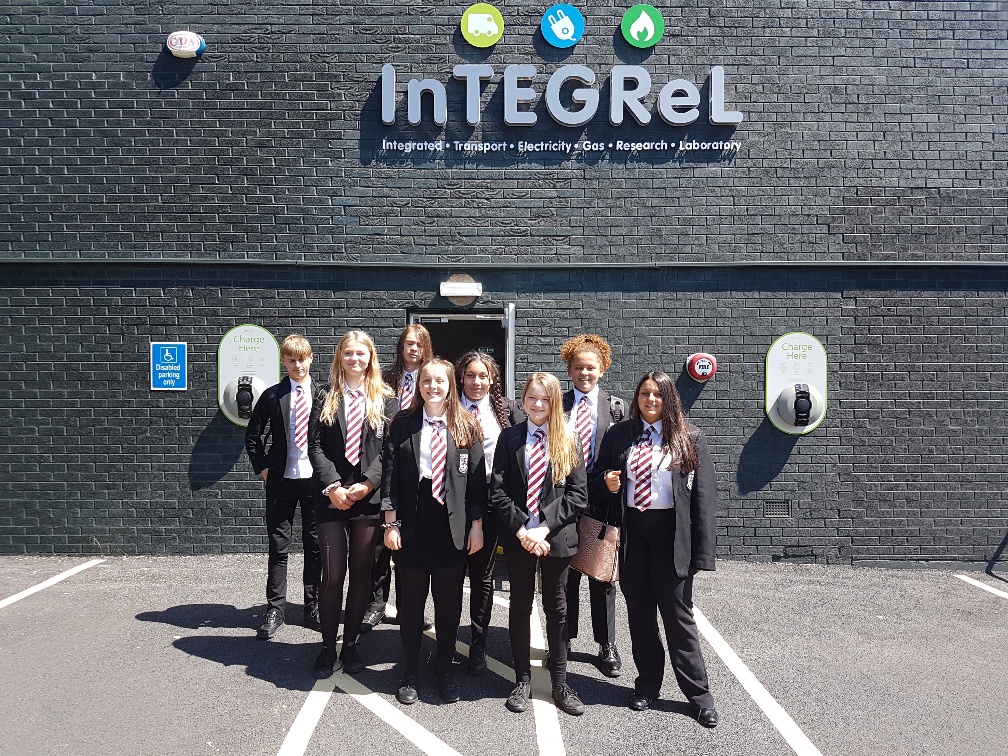Newcastle pupils learn how to prepare for the world’s toughest rowing challenge
Pupils at Newcastle’s Excelsior Academy have been taking lessons from two North East rowers who are set to take on ‘the world’s toughest row’.
On 12 December, Paul Hopkins and Philip Pugh, known as the Atlantic Dream team, will be setting off from La Gomera, in the Canary Islands, to race 3,000 miles to Antigua as part of the Talisker Whiskey Atlantic Challenge.
As they have been training for the challenge, they have also been running workshops with year 8 pupils at Excelsior Academy, helping the students to learn about topics including nutrition, design, weather and engineering.
“By working with Excelsior Academy we’ve been able to help the students learn through experiencing a practical project like our rowing challenge,” said Philip Pugh. “The students have learnt about the construction of our boat – which will be the only wooden boat in the race – as well as how we prepare for a challenge like this, the training we do and the equipment that we’ll be using.”
Paul Hopkins added: “Children ask the most amazing questions and they come at things from a very different angle from adults. We wanted to inspire children of all backgrounds to know that they can achieve amazing things.”
The partnership is part of the North East Local Enterprise Partnership’s Education Challenge programme, which is piloting a new model of learning in North East schools. The model is based on an approach which was first adopted in Nashville in 2005 and which resulted in significant improvements in attainment.
Michelle Rainbow, Skills Director at the North East LEP, said: “We hugely appreciate the support and involvement of Paul and Phil with Excelsior Academy and I know the students have been really inspired by working with them.
“By supporting teaching in an applied context through projects like this, it really enables pupils to engage with the subject, helping them to understand how what they learn at school applies to real-world situations. They’re an amazing pair to take on such an epic challenge and we’re looking forward to following their progress and success.”
As well as hearing from Paul and Philip and having the opportunity to ask questions about the challenge, the students will also visit the Port of Blyth to learn more about the construction of boats.
The students had the opportunity to sign Paul and Philip’s boat and, once the pair begin the challenge, will track their progress using GPS.
“Taking on this challenge takes us away from our homes and families but it will help to know that we have the support of all the pupils at Excelsior when we’re thousands of miles from home,” said Paul.
“Our boat is signed all over by people from the North East and we are rowing for everyone in the region. We’re not looking forward to the sea-sickness and discomfort but we are definitely looking forward to returning to Excelsior Academy when we’ve completed the race and telling the pupils all about it,” added Philip.
The Education Challenge programme supports schools to tackle their key challenges so they can improve, closing the gap between the region’s best and lowest performing schools to ensure that no child is left behind. Find out more at northeastambition.co.uk.
The Talisker Whiskey Atlantic Challenge will begin on 12 December 2019 and the Atlantic Dream team, who are the oldest pair of rowers in this year’s race, will be raising money for Tiny Lives and the Firefighters Charity. Find out more at atlanticdream19.com/






